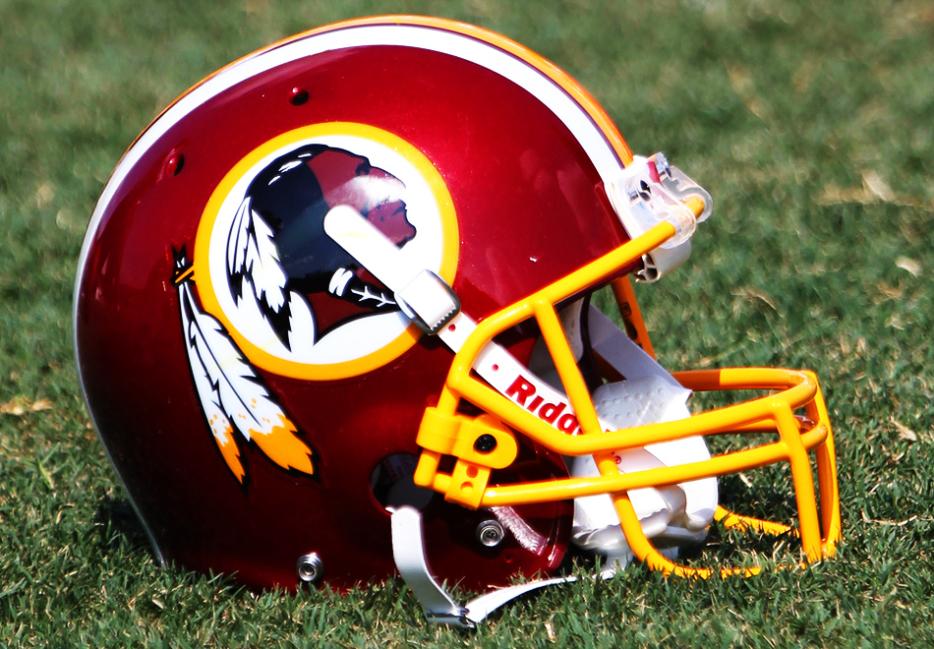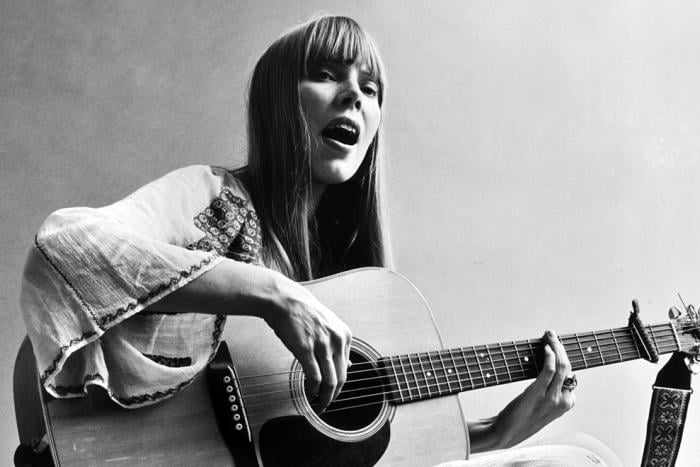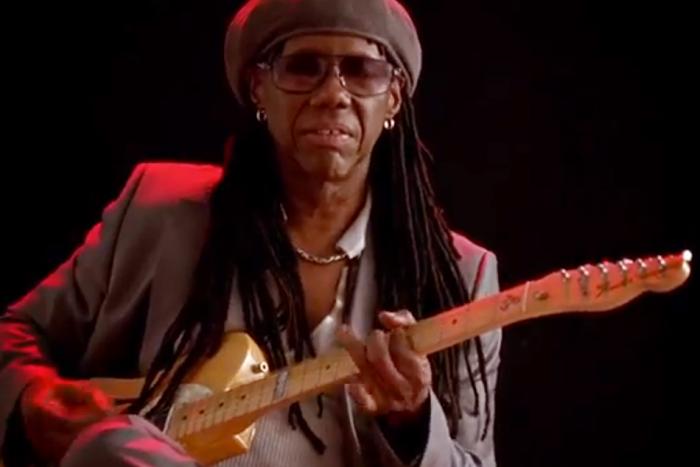When things stick around long enough, you stop seeing them. They fade into the background, staying unnoticed, until one day you walk into your house, do a double-take, and realize you’ve had the same crappy Montreal concert poster on your wall since 2007 and don’t remember the band or even the year all that well and, plus, how come you never noticed there’s tiny a piece of egg (or is that cheese?) stuck there near the bottom? These moments of clarity are inevitably a bit embarrassing, but they are necessary.
This same process explains how, every few years, people idly flipping through the sports section become newly startled by the fact that, in 2013, the National Football League has a team called the Redskins. Wait a minute, they think, the Redskins? With a weird drawing of a Native American in feathers as the logo? And this team plays on television in a professional football league and not, I don’t know, in some dusty Southern prison yard for the amusement of the cruel, John-Wayne-obsessed Warden? Seriously, the Red Skins?
Last month, 10 members of Congress became the latest group to realize how insane it is to name a football team after a racial slur. They wrote to Washington owner Dan Snyder, NFL Commissioner Roger Goodell, and the rest of the NFL owners, urging them to change the team’s name. “Native Americans throughout the country consider the R-word a racial, derogatory slur akin to the N-word among African Americans or the W-word among Latinos. Such offensive epithets would no doubt draw widespread disapproval among the NFL’s fan base. Yet the national coverage of Washington’s NFL football team profits from a term that is equally disparaging to Native Americans,” the letter read, in part.
Washington owner Dan Snyder hasn’t responded, but in an interview with USA Today earlier in May, he made his feelings clear: "We'll never change the name. It's that simple. NEVER—you can use caps."
For his part, Commissioner Goodell responded with an embarrassing defense of the name that he sent to members of congress along with attached remarks from “an American Inuit chief and resident of Prince Georges County, Maryland,” as if to bolster his some-of-my-best-friends-are-redskins bona fides. “The Washington Redskins name has thus from its origins represented a positive meaning distinct from any disparagement that could be viewed in some other context,” Goodell wrote. “The name is a unifying force that stands for strength, courage, pride and respect.”
Did you catch that? Our “Redskins” has a meaning—a positive meaning about awesomeness!—totally independent and distinct from any other yucky, unpleasant definitions of the word that you might find on the tongues of ignoble racists or, say, in the dictionary. It’s a neat trick, when you get to decide what a word means. Geez, when I said Orientals worked like dogs, it was a compliment, you protest. My goodness, “fag” has nothing to do with anyone’s sexuality! It’s just the affectionate word I use to cow the slightly-lower-social-status male on my beer league hockey team!
If anything rankles more than a widely accepted racist nickname, it’s this insistence that everyone should just chill out a bit because the name callers are, in the end, the final arbiters of a word’s offensiveness. As the president of the Morning Star Institute, a national indigenous-rights organization told Grantland: “For most Native Americans, there's no more offensive name in English. That non-Native folks think they get to measure or decide what offends us is adding insult to injury."
The latest news is that someone, presumably the Redskins organization, has hired Republican spinmeister Frank Luntz to do some focus-grouping around the name. Luntz is the strategist famous for changing the estate tax into the “death tax” and health care reform to “government takeover of health care.” He’s the kind of guy you hire to spin perception of a name, not come up with a new one, and his involvement is a bad sign for anyone who hoped Snyder might be reconsider his hardline stance.
“I think that the Redskins fans understand the great tradition and what it's all about and what it means,” Snyder said in that USA Today interview. Of course, the Redskin tradition, others have pointed out, begins with the team’s first owner, George Marshall, a proud segregationist who refused to hire black players for a full sixteen years after the league had officially integrated. Indeed, until 1962, when JFK finally forced the team to hire black players, the Redskins were the only NFL franchise still rejecting integration. It’s a tradition that includes the line “fight for old Dixie” in the team’s official fight song. And it’s a tradition that, yes, includes the playful use of a racist term for Native Americans because they have unilaterally decided it represents “strength, courage, pride and respect.”
And that’s the problem with tradition: unless you happen to be a heterosexual white male, it isn’t always so hot. As a rule, then, “because we’ve always done it that way” is generally the last defense for something morally indefensible. If you can’t come up with a better reason than “that’s the way it was in the (super racist) old days,” you’re probably not making a losing argument. Tradition can be fun, sure, but sometimes it’s more like some crappy poster on a wall—an item that’s been around so long you’ve forgotten how awful it is.
--
Find Hazlitt on Facebook / Follow us on Twitter
Photo: Keith Allison via Flickr






